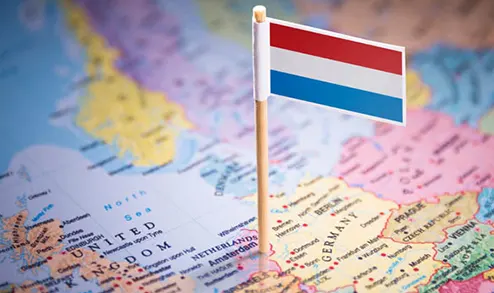 In 2022, Betent and Play North faced scrutiny over not adhering to the rules outlined in the country’s Money Laundering and Terrorism Financing Prevention Act (Wwft). As revealed by the Netherlands Gambling Authority, or the Kansspelautoriteit (KSA) in Dutch, the problems concern the operators’ failure to control player behavior, along with violations of the country’s anti-money laundering regulations (AML) and the legislation surrounding counter-terrorism financing (CTF).
In 2022, Betent and Play North faced scrutiny over not adhering to the rules outlined in the country’s Money Laundering and Terrorism Financing Prevention Act (Wwft). As revealed by the Netherlands Gambling Authority, or the Kansspelautoriteit (KSA) in Dutch, the problems concern the operators’ failure to control player behavior, along with violations of the country’s anti-money laundering regulations (AML) and the legislation surrounding counter-terrorism financing (CTF).
Specific instances involved the loss of significant funds by customers, which should have been prevented via intervention by the operators. In some cases, users were able to incur losses exceeding €50,000 per month.
The KSA cited the lack of investigation of users who have deposited and lost large sums of money as another violation, specifically relating to the source of the given individuals’ money. Betent and Play North, therefore, did not comply with AML rules. It was also revealed that when asked to provide details regarding the matter, the gambling companies had failed to provide sufficient information.
The KSA’s Reasoning For Going Public With the Information
Although the violations were committed in 2022, the KSA gave several reasons for its decision to make both companies’ breaches public. The first one has to do with improving player awareness of the KSA’s duties. In addition, the situation will also serve as an example of what happens when the rules are not followed to the letter. This can discourage other gambling operators in the Netherlands’ gambling market from neglecting their duties or partaking in unlawful actions.
The KSA also considered informing the masses of the situation to be appropriate due to the fact that the regulator’s decision is now immutable. Both Betent and Play North had attempted to object to the Kansspelautoriteit’s ruling prior to the reveal, but were unsuccessful.
It is worth noting that the situation of Betent and Play North marks the first time the Kansspelautoriteit has revealed information pertaining to specific cases of operators’ regulatory breaches to the masses.
Gambling Legislation in the Netherlands
Established in 2012, the Kansspelautoriteit serves as the entity responsible for regulating gambling operations in the Netherlands. All companies seeking to offer their gambling services to Dutch customers must be authorized by the KSA. Licenses have a validity period of up to five years, although a given license can be revoked when deemed necessary.
The Dutch gambling sector is rich in terms of variety thanks to the fact that over 20 companies have been granted licenses to operate in the country. The rules imposed on licensees also ensure a safe environment for both gamblers and those who wish to avoid partaking in wagering.
Updates to gambling legislation have been introduced as well, with recent changes relating to ad campaigns coming into effect this July. The new regulations stipulate that licensees are not permitted to advertise in public spaces and buildings (including gambling venues). Online advertising is allowed, but only when it is possible for the ads to be targeted strictly toward Dutch individuals 24 or older. An opt-out option must be provided as well.